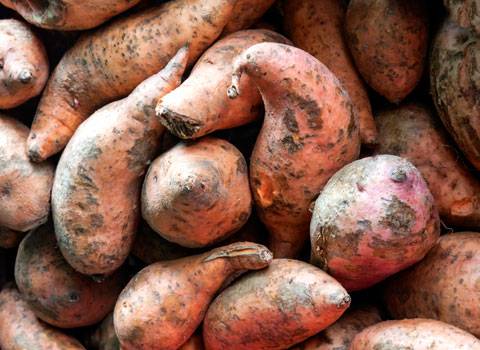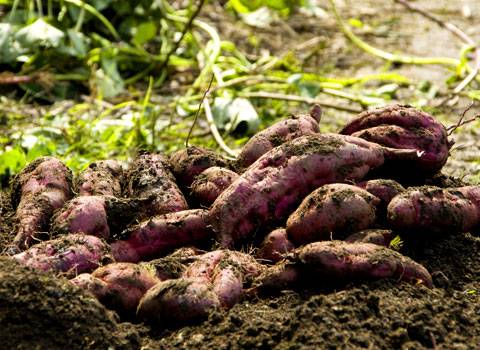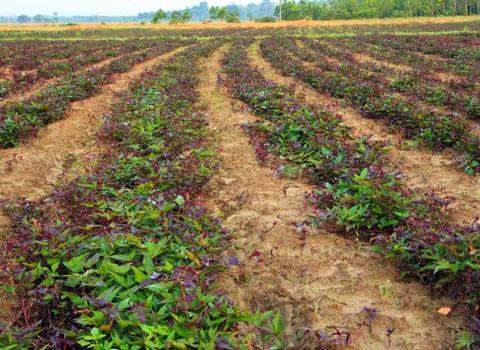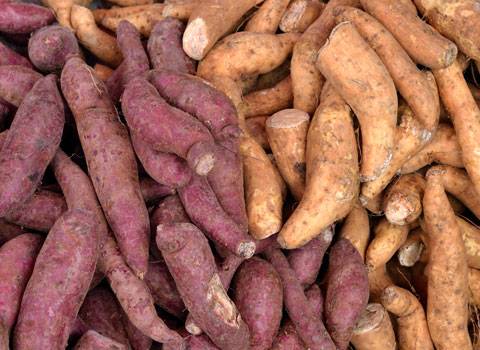Protassium+
The Importance of K
Potassium plays a critical role in sweet potato production. But the source of potassium you use also impacts yield and quality of your crop. Protassium+® premium sulfate of potash (SOP) supplies the potassium your plants need, while providing benefits other sources can not match.






